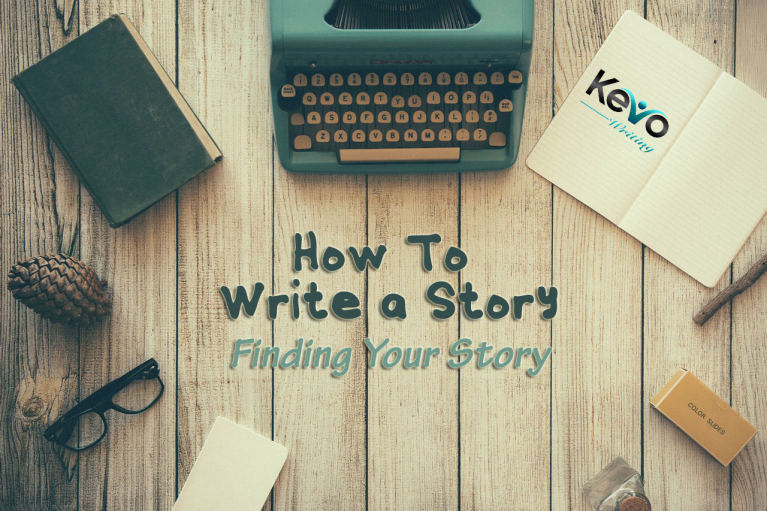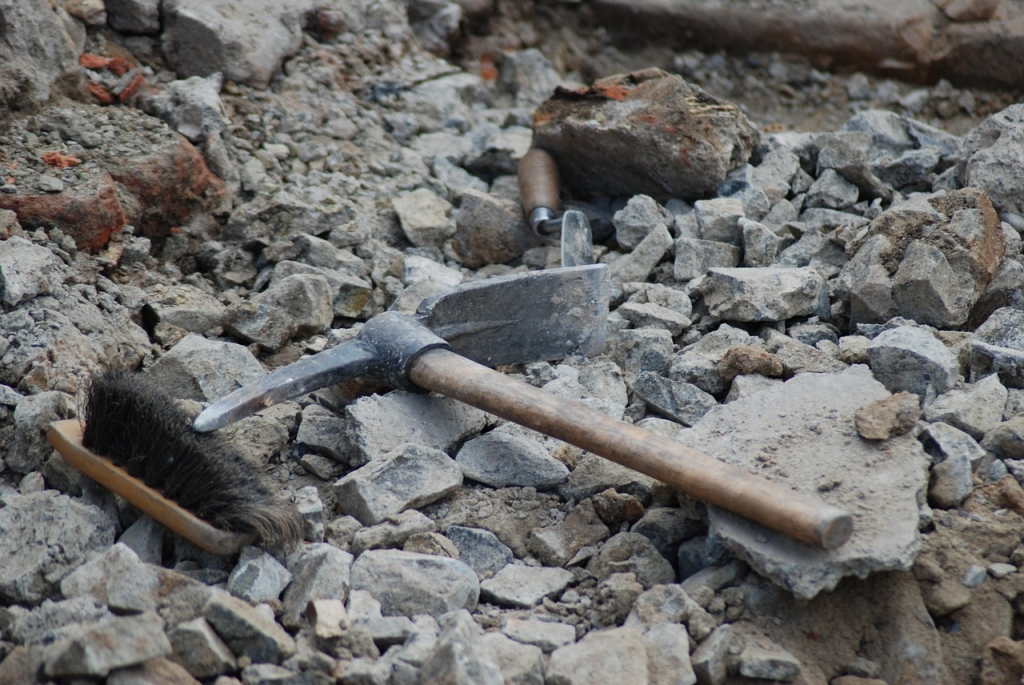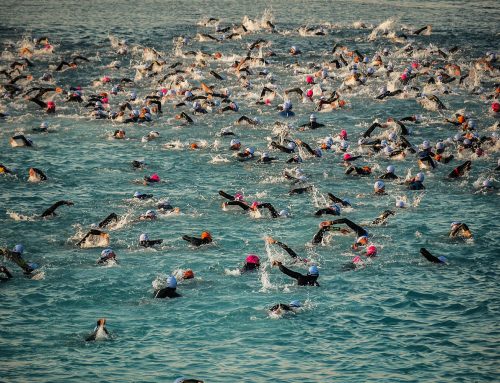In my blog How To Write a Story: An Overview I briefly and generically covered the difficulty of finding a story you can and should write. Since this is one of the areas where writers struggle the most, the following blog breaks it down further.
Discovering Your Story Type
The first step to finding your story is discovering the type of story you want to tell; this is a multifaceted process. The type of story you decide to write will inform the length, content, research, and style. There are endless types of stories, but I’ve outlined a few below.
Blog
You’re reading a blog right now and this is a type of story. Every blog has a few key characteristics. You can also take a look at this killer infographic from John Loomer.
- Think short. No more than 3,000 words per blog.
- SEO friendly. All blogs are posted online and so to gain readership you have to think about keywords. Use these 10 tips from Yoast.
- Topic focused. Every blog post has to match a set of blogs. If you’re writing for a mommy blogger the tone, style, and content has to match the overall blog. Same goes for business blogs, writing blogs, and DIY blogs.
- Well researched. There are endless blogs available online. Before you choose to write a story as a blog, make sure you’re adding to a conversation or starting a new and interesting conversation. Take a look at this how-to guide from Hubspot and then be sure to link to other blogs on the same topic.
Article
An article is similar to a blog. Articles show up in newspapers, magazines, and on various websites. Use these six easy steps from Writer’s Digest for writing your article.
- Style specific. Articles are written in a specific style based on where they are published. If you’re writing an article, be sure to choose a topic and follow the style of your chosen publisher. This WikiHow blog can help.
- Tight writing. Articles have to convey a lot of information within narrowly defined word counts. Unlike with blogs, articles typically have specific word count needs and you have to make sure your entire story fits within those guidelines.
- Appropriate research. Research is key when you write a story in article format. Above and beyond a blog, articles require statistics, facts, quotes, and references to be fully fleshed out.
Short Story—Novella—Novel
Creative fiction writing is a different beast compared to blog and article writing. First, the story is entirely created from your imagination, and when writing a fictional story, the rules change. The New Yorker has some great tips to write a story in fiction.
- Specified length. Depending on what you’re writing, there is a pretty cut and dry word count associated with the story. Short Stories are less than 10,000 words. Novellas are over 20,000 and less than 40,000 words. Novels are between 80,000 to 100,000 words. Your chosen genre may allow some discrepancy, but you can expect the above rules to stick 90 percent of the time.
- CMOS Style Guide. If you’re writing fiction, you have to use the Chicago Manual of Style in your writing. CMOS can be a strange style guide for writers used to blogs or articles.
- Chapters and scenes. Similar to blogs and articles, which are broken up into short easy-to-read sections, fictional stories should be divided into chapters and scenes. Here’s a quick read from Advanced Fiction Writing to help you out.
- Plot, character, and setting development. The greatest difference in fictional writing is the need to create and build a cohesive world that your readers can dive into. In an article or blog, your readers are reading something set in the real world and it doesn’t require a lot of extrapolation. In fiction, when you write a story you’re inviting readers into your imagination and there are a lot of details required.
Creative Nonfiction
Creative nonfiction is based on research, experience, and real life. When you write a story in creative nonfiction, there are countless types available from self-help to memoir to business. The Creative Penn offers these nine things you should know before you choose this story type.
- Genre is key. Just as you have to make sure that your blog post matches the overall blog, your creative nonfiction story must match the genre. If you’re writing self-help, then you need to match the style, tone, and layout of other self-help stories.
- Subject expertise. Before you jump and write a story in creative nonfiction, you need to ensure that you have the necessary expertise to fill a manuscript with your ideas. Your expertise has to last far longer than 3,000 words—think twenty times that.
- Unique topic. Just like a blog or article, there are hundreds of thousands of creative nonfiction stories available. Before you spend months writing your story, make sure you have a spin, idea, or insight that hasn’t been shared before. Follow these 25 tips from Writer’s Digest.
Ideas to Find Your Story
Once you know what type of story you want to write, now you have to figure out what story you should tell. As already emphasized, the biggest key is making sure that you have a story that hasn’t been told and that people want to read. Follow these six tips:
- Google keywords. Based on your topic idea, perform a Google search for keywords within your topic and start discovering what has been written on the topic already.
- Subscribe to blogs. No matter what story you’re writing, blogs are a great place to start. Find blogs within you story type and topic and read through as many posts as you can. See what people are talking about and where you fit in before you write a story.
- Ask friends and family. Ideas can come from everywhere and many times the people who surround you will have questions, thoughts, and ideas that would be perfect for a story.
- Join online forums. There are thousands of forums online—one of the biggest is Reddit. Join a few forums within your writing style and topic and jump into the conversation. See what is resonating with your audience.
- Read everything. If you want to write a novella, read as many novellas as you can get your hands on. Many times someone else’s story will spark creativity and give you an idea for a story of your own.
- Start writing. Sometimes the best thing you can do is just start typing. Write one sentence and see what comes out. You might not figure out how to write a story fully, but the act of writing can generate inspiration.
Questions to Find Your Story
Figuring out what you should and can write about is an exercise in frustration. The unfortunate truth of the matter is, not every story should be told. Before you jump in and write a story, ask yourself these three questions.
1. Has someone else told my story?
Do you have a great idea for writing about your experience starting a business? That could be a great story, but if someone else has already told a very similar story and has done it well, your story isn’t needed. However, if you have a new angle to add to the topic or keen insight the other writer didn’t provide, then go for it.
2. Are people interested in my story topic?
If too many people are telling the same story, it can be difficult to add anything new. However, if no one is talking about a subject, it could be that no one is interested. Before you spend hours or days trying to write a story in a new niche, make sure it’s a topic that people want to read. Being the first voice is great, but there needs to be an audience.
3. Does the story match my audience?
When you write a story, you don’t write it in a bubble. The goal of every story is to gain readership. Make sure your story matches your audience. This is two-fold:
- If you’re an expert in cooking, don’t write a story about sports. Your audience is following you for your cooking and a random jump to a different topic is probably not going to be successful.
- If you don’t already have an audience, find out who your audience is and then choose to write a story that matches their interest. Let’s go back to the cooking example, what type of cooking is the focus of your story? Is your audience full of aspiring chefs? Do they want kitchen design ideas, recipes, new products, stories from the kitchen, etc.? Know your exact audience and write for them.






















